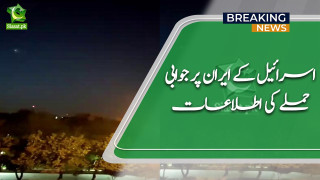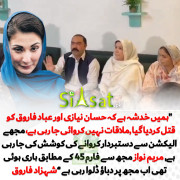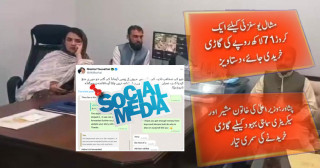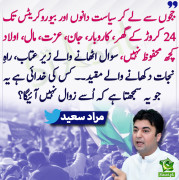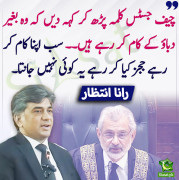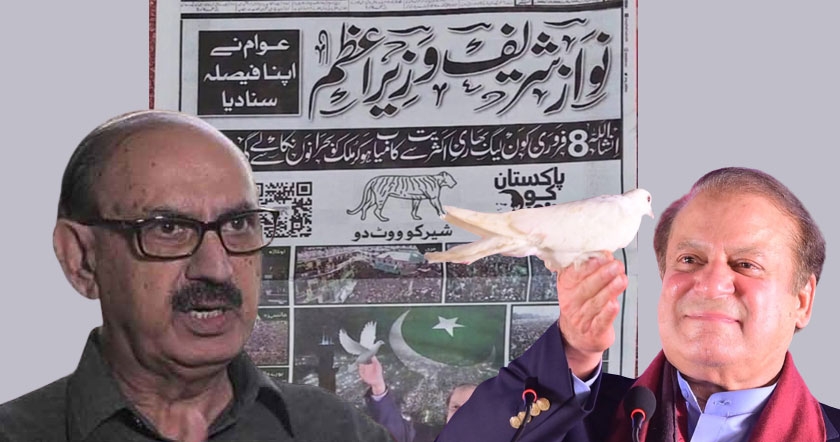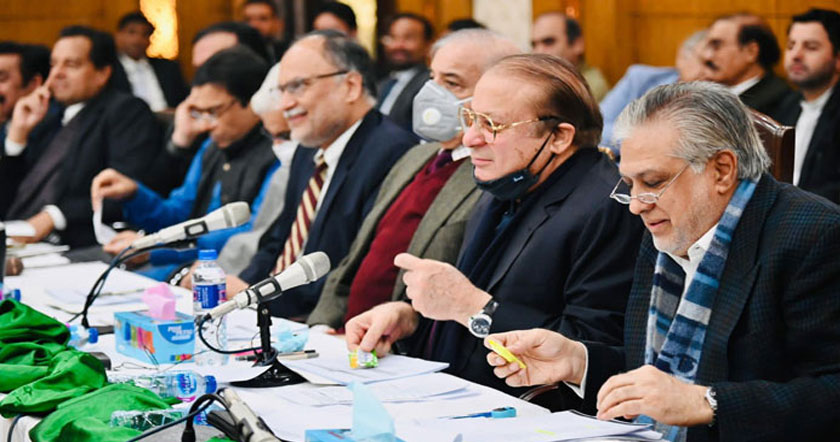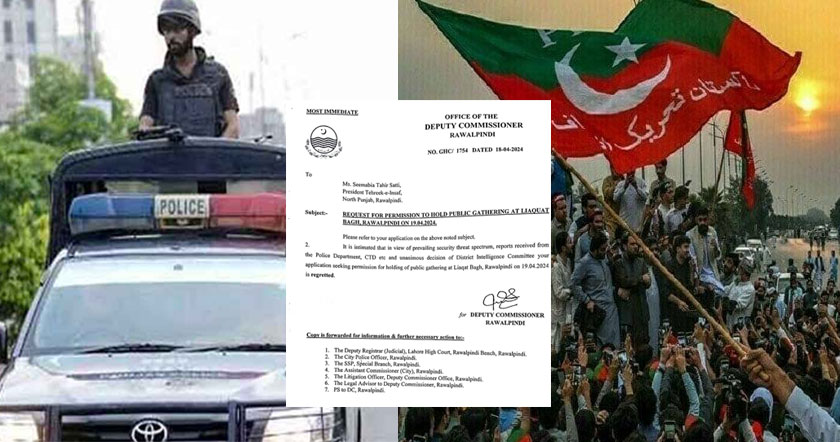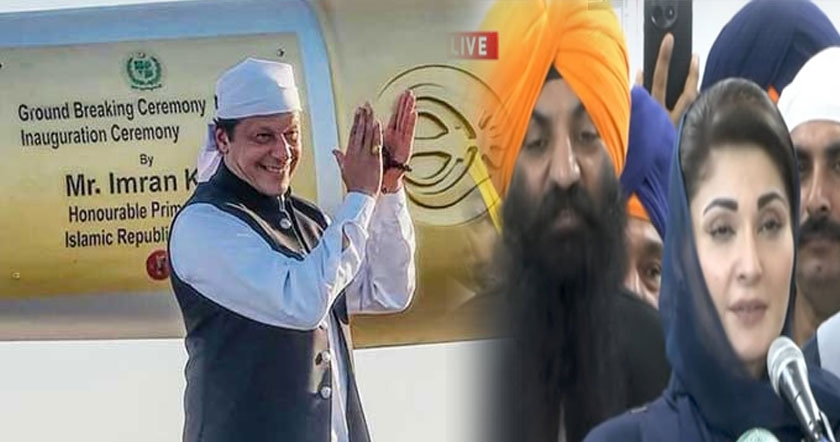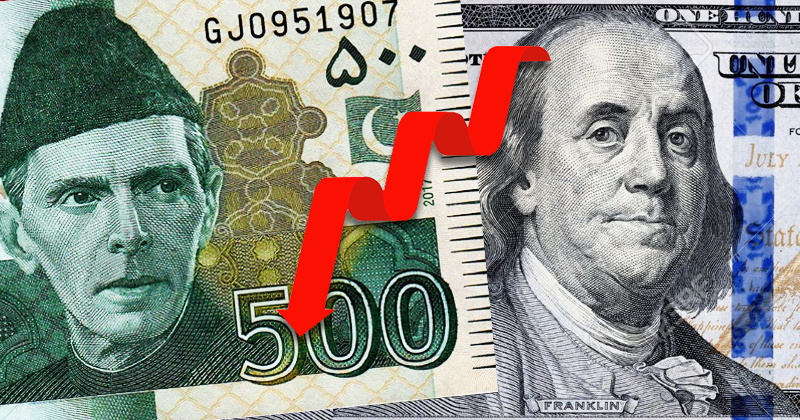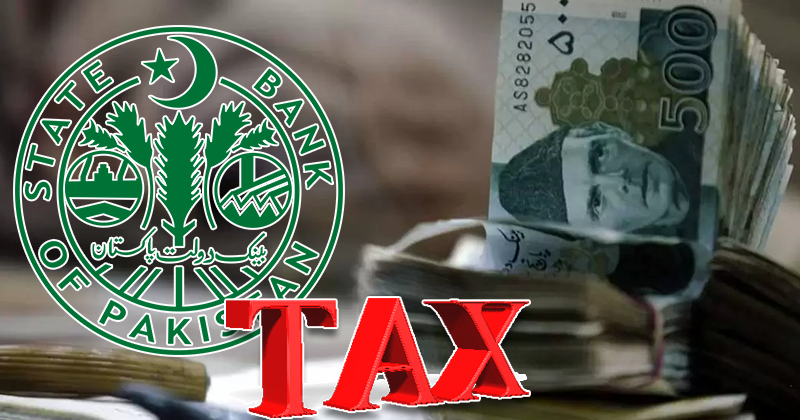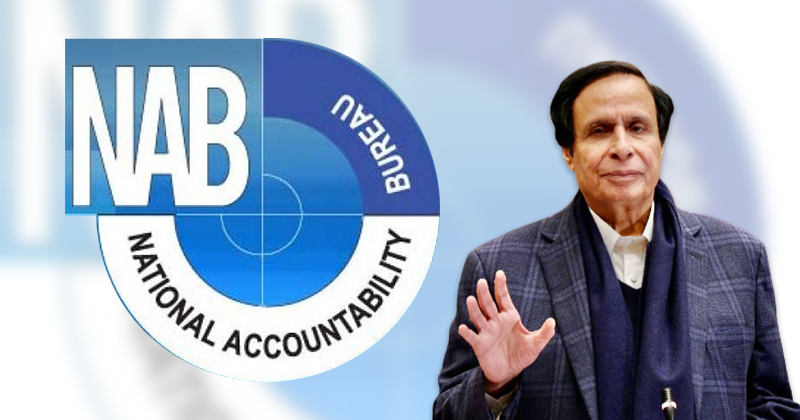Supreme Court ponders legality of withholding taxes on mobile top-ups
Haseeb BhattiMay 08, 2018
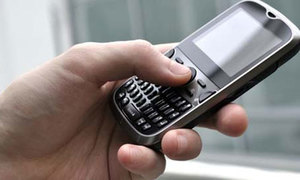
The Supreme Court on Tuesday proceeded on its suo motu notice of 'unreasonable' deductions made from consumers' mobile top-ups on the pretext of withholding taxes and other charges.
During the proceedings, the attorney general informed the court that mobile companies deduct 19.5 per cent as sales tax, 10pc as service charges and 12.5pc as withholding tax on mobile top-up cards.
He further informed the court that these taxes were not applicable on services used by the government and diplomats.
"Why is withholding tax charged [on mobile top-ups]? Isn't withholding tax charged in order to penalise those who otherwise do not pay applicable taxes?" Chief Justice Mian Saqib Nisar asked. "Isn't double taxing illegal?" the chief justice separately inquired.
"How are they charging withholding tax from 140 million mobile service subscribers who are not eligible to pay taxes?" he continued, at which Justice Umar Ata Bandial remarked that it seemed like "an unlawful way to coax money out of people's hands."
"How are those people who are not eligible to pay taxes supposed to get their deducted withholding tax refunded?" the chief justice wondered.
"[Also] tell us the law under which sales tax is charged from people," the chief justice asked, to which a lawyer present in court pointed out that people living in Islamabad are required to pay 17pc as sales tax while those in the provinces are paying 19pc.
"The FBR and the provincial governments should tell the court under which law this [provincial] sales tax is applicable," the chief justice said.
The bench subsequently asked for a chart that can show the taxes paid by mobile phone users in countries all over the world.
The federal and provincial government and the Federal Board of Revenue (FBR) were also ordered to submit written replies to the court's questions within a week.
Source


